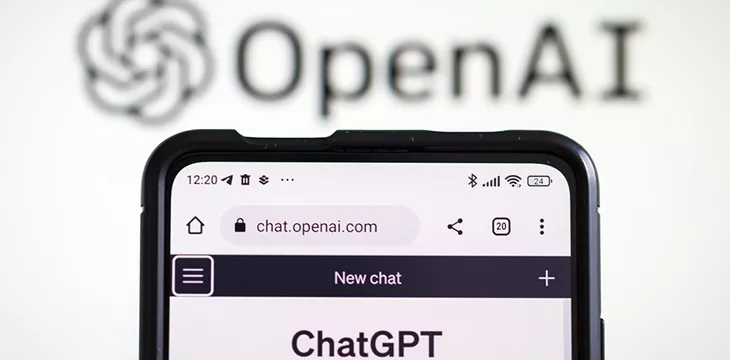|
Getting your Trinity Audio player ready...
|
OpenAI held its very first DevDay on November 6, and made many significant announcements about the latest developments and new releases that have been made in OpenAI’s most popular product, ChatGPT.
Innovations to GPT
Growth: Sam Altman, the CEO of OpenAI, kicked off the event by reflecting on the growth ChatGPT has experienced since its launch in November 2022. Since then, 2 million developers have been using the platform, over 92% of Fortune 500 companies are building on OpenAI, and ChatGPT has over 100 million weekly active users, making it one of the fastest-growing tech products the world has ever seen.
Improvements to GPT: Afterward, Altman announced the launch of GPT-4 Turbo, a new and improved version of GPT-4 that addresses many of the complaints raised about its predecessor. With GPT-4 Turbo, users can now expect the following:
– longer context lengths
– improved accuracy
– more control over the model and its outputs,
– improved world knowledge, covering events up to April 2023,
– the addition of DALL-E 3, GPT-4 turbo with computer vision, and text-to-speech capabilities to its APIs,
– more customization when training models and
– a significant reduction in prices.
Build your own GPT: Altman also announced “GPTs,” tailored versions of ChatGPT for a specific purpose. Users can now build a customized version of ChatGPT through code or a series of prompts and then publish it for others to use.
The GPT Store: Later this month, OpenAI will launch the GPT Store, where users can list their GPTs, and creators of the most popular GPTs receive a portion of revenue.
What does this mean for businesses and consumers?
OpenAI’s ChatGPT opened the floodgates for AI innovation by rendering a highly technical industry accessible to the masses through APIs and ChatGPT. OpenAI has made a highly technical industry accessible and usable by laymen. Due to these innovations and the upcoming launch of the GPT Store, OpenAI-powered products and services will only proliferate while their quality increases.
Now, individuals and businesses will be creating their own GPTs for various verticals, sectors, and niches, and they will subsequently publish them to the GPT Store for the world to use (or distribute them internally if it is coming from an enterprise). Ultimately, this should lead to tremendous savings in cost, reductions in the time it takes to complete a task, and significant increases in quality and efficiency when it comes to accomplishing a task.
In order for artificial intelligence (AI) to work right within the law and thrive in the face of growing challenges, it needs to integrate an enterprise blockchain system that ensures data input quality and ownership—allowing it to keep data safe while also guaranteeing the immutability of data. Check out CoinGeek’s coverage on this emerging tech to learn more why Enterprise blockchain will be the backbone of AI.
Watch: AI truly is not generative, it’s synthetic

 07-15-2025
07-15-2025 





